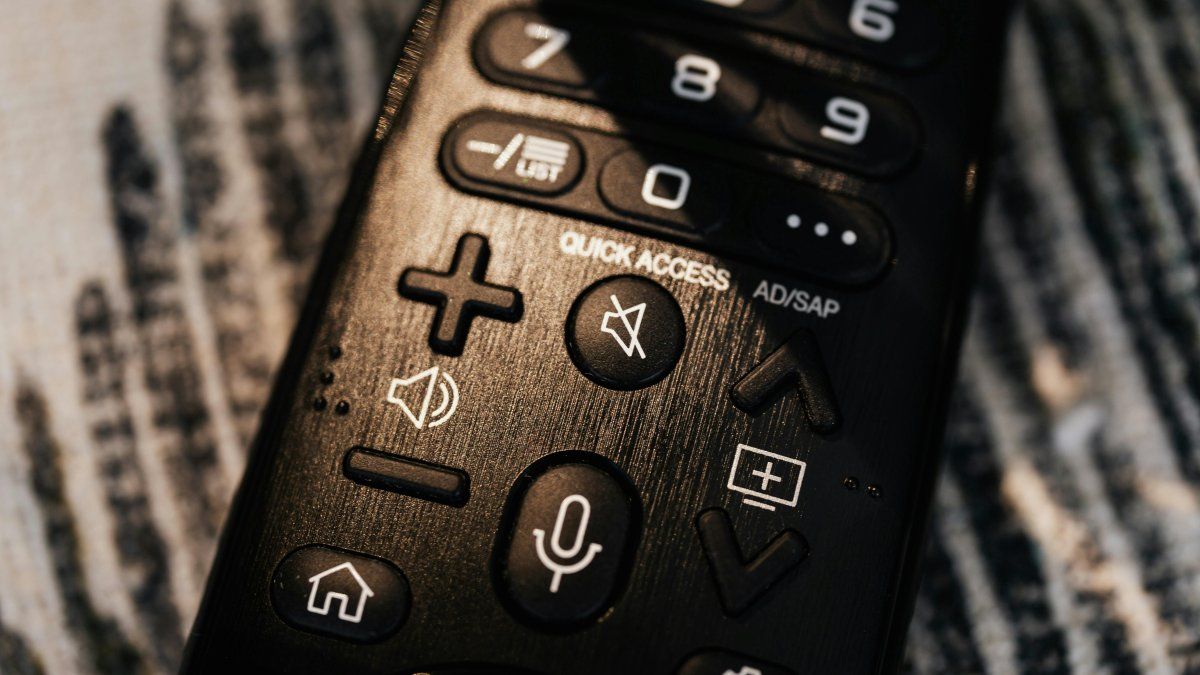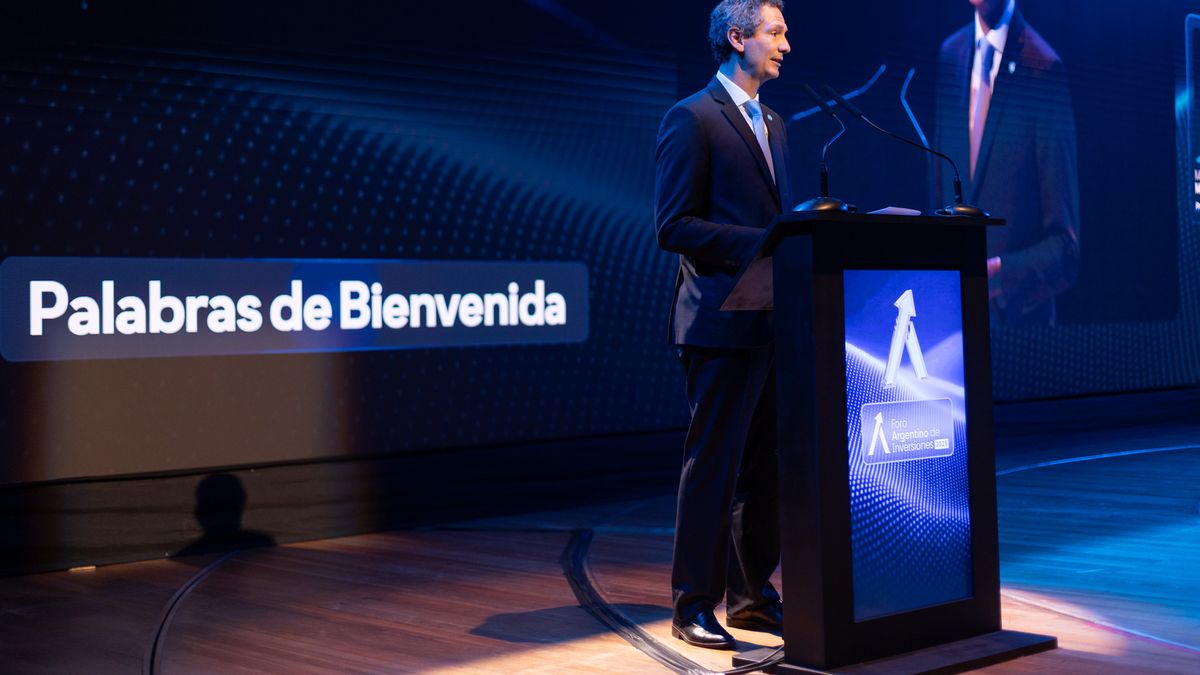35 years old, the minimum age to run for president, is the youngest of the seven candidates competing this Sunday to succeed the conservative Sebastian Piñera, and also the youngest applicant in the history of Chile.
Boric represents the “I Approve Dignity” coalition, which brings together the Broad Front and the Communist Party.
“We represent the process of change and transformation that is coming, (but) with certainty, with the gradualness that is necessary,” added the candidate, who in the campaign has proposed a change in the neoliberal model.
“This is about a collective project. It is about hope winning over fear, that we are able to build a Chile that is fair, that is worthy, that it has decent pensions for the elderly, that it has a health system that does not discriminate, that we achieve decentralization and that power is in the territories, “said Boric.
“I have no doubt that we are going to reach an agreement and I hope to be able to lead those agreements, with conversation, with dialogue, with everything that is necessary, but moving forward. As an old friend out there told us, we must advance step step, but never stop moving forward, “he added.
Previous polls, which have mostly failed in the forecasts of several consultations since 2019, place Boric as a favorite against the far-right candidate, the 55-year-old lawyer Jose Antonio Kast.
What does Gabriel Boric propose?
35-year-old MP, Boric is the youngest candidate in the country’s history competing for the presidency, along with six other rivals.
His greatest reproach to the democracy in which he grew up – he was born in 1986 – is that he continued an economic model established during the dictatorship that made Chile an individualistic country, with a middle and lower class in debt to pay for education, health and private pensions.
Many of his followers and detractors have seen him grow as a political leader since 2011, when led student protests for free tuition, in one of the countries with the most expensive education in the world.
“Our generation bursts into politics in 2011 throwing away a little of the fears that the dictatorship and the transition pacts had generated,” he said in an interview with AFP.
He was referring to the military regime of Augusto Pinochet (1973-1990) and to the Concertación, the center-left coalition that since 1990 governed a good stretch of the 31 years of democracy, and today lies disintegrated, discredited as a reflection of the great crisis of institutional trust.
In this scenario, Boric is the politician with the best chances to win or go to the second round after Sunday’s presidential election in Chile, according to polls that since 2019 have been wrong in almost all his forecasts.
In the final electoral stretch, this young man of Croatian and Catalan descent has abandoned his rebellious university style for an image of an ‘orderly student’, consistent with moderate tone and as a negotiator of this new stage.
To his time as leader of the Federation of Students of the University of Chile, 10 years ago, he attributes the beginning of the questions to a model for which it was important “to fight to make Chile a fairer country,” he told the AFP.
Although at that time Chilean democracy was only 20 years old -and they were 24 or 25-, these students began to question “the development model, to ask ourselves why what we believed social rights should be were privatized; why education was a privilege and not a right, why there was health care for the rich and for the poor, why pensions were a business “.
The social revolt that shook Chile in October 2019 arrived, in which Boric played a leading role by signing the political agreement – from which the Communist Party (PC), which supports it today – was subtracted to call a plebiscite to change the Constitution. inherited from the dictatorship.
Boric’s detractors reproach his inexperience, his alliance with the PC, his lack of a university degree despite having finished Law School and also his changes in positions.
His rivals for the presidency rescued tweets from Boric greeting Nicolas Maduro as the new president in Venezuela after the death of Hugo Chávez in March 2013, but in the campaign the candidate has condemned that regime and rejected the salute of a communist leader for the recent victory of Daniel Ortega In Nicaragua.
“In our government, the commitment to democracy and human rights will be total, without endorsements of any kind for dictatorships and autocracies, annoy whoever bothers. Nicaragua needs democracy,” he wrote on his social networks on November 12.
His followers include renowned artists, among them the Chilean filmmaker Pablo Larraín, author of “No” (2012) and “Jackie” (2016), son of the Minister of Justice of the current Piñera government and whose family is part of the so-called elite right.
“I want to be there (in Chile) when Gabriel Boric is president. That man has within him the hope of many,” Larraín told the newspaper El País from London, while filming “Spencer.”
Single and a native of southern Punta Arenas, he grew up in a family related to the Socialist and Christian Democratic parties, and has been an avid reader since he went to school at The British School.
Boric knows that “countries do not reset themselves, they do not start from scratch, therefore, we are constantly learning from those who came before us, both from their successes and their mistakes.”
If he becomes president, he wants “something that in Europe would be quite obvious, which is to ensure a welfare state so that everyone has the same rights no matter how much money they have in their wallet.”
Source From: Ambito
David William is a talented author who has made a name for himself in the world of writing. He is a professional author who writes on a wide range of topics, from general interest to opinion news. David is currently working as a writer at 24 hours worlds where he brings his unique perspective and in-depth research to his articles, making them both informative and engaging.




